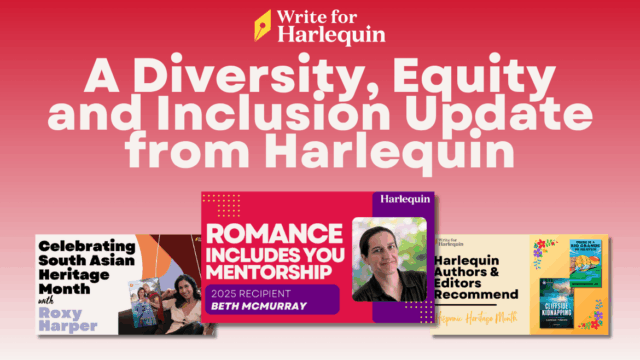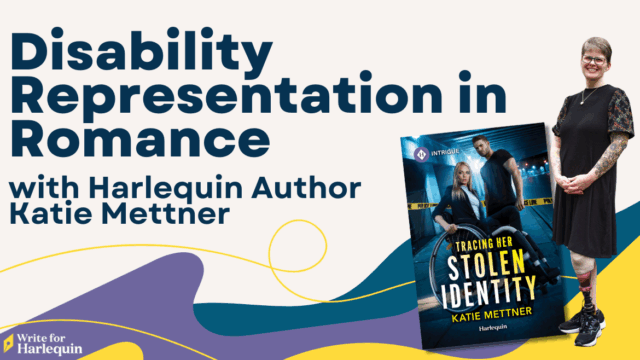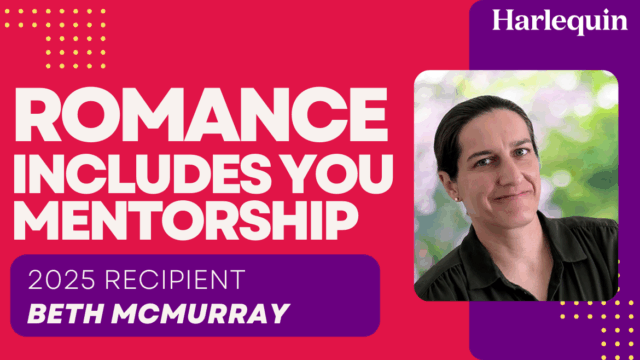by Patience Bloom
Some of us lack the gift of plotting. I’m not naming names here, but it’s not everyone’s forte. Now, you may create glowing characters and write sparkling first drafts, and yet plots are not your thing. Even after you’ve read Robert McKee’s STORY and Christopher Vogler’s The Writer’s Journey, highlighting important sections, your plot is still an overcooked noodle. You like overcooked pasta—I know I do—but writing romance is about hitting all the notes just right (and not mixing too many metaphors the way I just did).
Last night, while agonizing over this topic, I read Anne LaMott’s section on plot in her brilliant book on writing, Bird by Bird. She stresses that one should look to character first, that characters will dictate what happens. For a romance novel, hooks should factor into character development, too. After all, an obvious hook or trope will influence a reader’s decision to buy—we know this.
But as creative beings, writers should really let those characters speak up and craft a well-plotted story from there (remembering hooks, too :)).
I like to think about The Situation (not the Jersey Shore alum), the big conundrum that gets the ball rolling in your story. Maybe, the hero and heroine are stuck in the elevator. The heroine looks at her pregnancy test, just as her casual fling is about to leave for his new job across the county—forever. Or two co-workers, who have never been single at the same time, find themselves out of their relationships, but something else stands in their way.
So what puts these characters in the same place? If you think about it, you encounter thousands of people (if it’s millions then I officially want your autograph) a year. What special event brings two people together? For me and my husband, it was one night when he was bored, 3,000 miles from home, and he wandered onto Facebook and saw me, a girl he once knew in high school. If he hadn’t been bored, if he had been home in the first place, with his friends an easy distance away, he might not have paid attention. Somehow, we reconnected, he visited me, and we got married.
The next step is to ask why The Situation is particularly angst-inducing for them? I like to consider resistance—conflict’s unruly sibling. The hero and/or the heroine should have a resistance to this new situation, i.e. falling in love, being together. If everything works out beautifully (as it did once my future husband clicked on Friend Request), you won’t have much of a story. You know how much a cat hates going into the cat carrier for that annual trip to the vet? There should be an element of this in your plot, with the characters acting and reacting.
Remember the pacing… As you build your plot, point by point, make sure you build the suspense (not like mystery suspense). Why do we have to keep reading? After your hero and heroine meet, then what? How do they get into the story more deeply?
It’s always a good idea to stop yourself at the end of each plot point/chapter and ask, “Is this exciting?” If your answer is a reluctant, “Um, sure” then you know you have more work to do. Not to worry because the more you toil over your plot, the closer you will get. The answer may come as you walk the dog or meditate in your back yard. The key is not to let go—or turn on TV to drown out your budding creative thoughts.
Now one last thing to consider is how the plot transforms your characters. Through romance and circumstance, they should change somehow. Is the heroine now able to eat fish because the hero is such an amazing cook and, in a stunning Third Act moment, made the most amazing breaded cod? Okay, I just used a real-life example here. If this were a story about my life as a picky eater, this would be my transformation and by the end, I could tolerate seafood, even enjoy it, because my husband knows how to cook for people who hate everything. And oh, the suspense of my obsessing over the mercury, the prospect of food poisoning, the flashbacks to eating fish 4 times a week as a kid and–most dreadful of all–The Lobster Incident of 1981! Change in a romance novel should be positive. What great dream will be realized for your characters by the end?
If it weren’t for the plot, the hero or heroine would never meet. You would choose another book, one that might not affect you the same way. See how important this is? By the end of your story, your reader should give that sigh of satisfaction. Your premise has put them through hard times, suspenseful times, and now ecstatic happily ever after times. Well done!
And now if you’ll excuse me, I’m going to have a bagel with a whole lotta lox.





